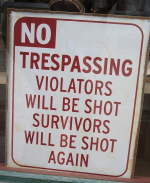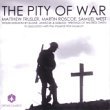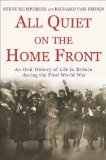
I didn’t ask them to bring their Thanksgiving Dinner forward a week, though it was flattering to be accorded that honour, even if, as a vegetarian, I was loath to eat the turkey or the pork on offer. The photo shows a victim (it’s not the bird that gives thanks, we assume) with Suzanne Dreyer and me in the library of Stacey High School at Lackland Air Force base in San Antonio, Texas. Suzanne is Instructional Technologist at Lackland, which involves supporting technology for learning ‘K-12’ (that is, from Kindergarten to the end of high school) – and being a kind of ‘super-teacher’ as well. The tour of the school was an invaluable introduction to the whole range of US schooling – though I was told Lackland isn’t really typical and I could see that Suzanne is exceptionally committed to making the most of the technology.
 The Annual Convention of NCTE (which is the US equivalent of NATE) which Julie Blake, Tim Shortis, Andy Goodwyn and I attended for the next four and a half days, merits more than I have time for tonight. Suffice it to say that we were warmly received and were able to engage in a fascinating exchange of ideas. Chris Warren’s collapsed text idea has now appeared on the US website, LitArchives.com, created by Allan Webb of Western Michigan University. And just to make it clear that despite the notice here, we received a warm welcome wherever we went!
The Annual Convention of NCTE (which is the US equivalent of NATE) which Julie Blake, Tim Shortis, Andy Goodwyn and I attended for the next four and a half days, merits more than I have time for tonight. Suffice it to say that we were warmly received and were able to engage in a fascinating exchange of ideas. Chris Warren’s collapsed text idea has now appeared on the US website, LitArchives.com, created by Allan Webb of Western Michigan University. And just to make it clear that despite the notice here, we received a warm welcome wherever we went!


